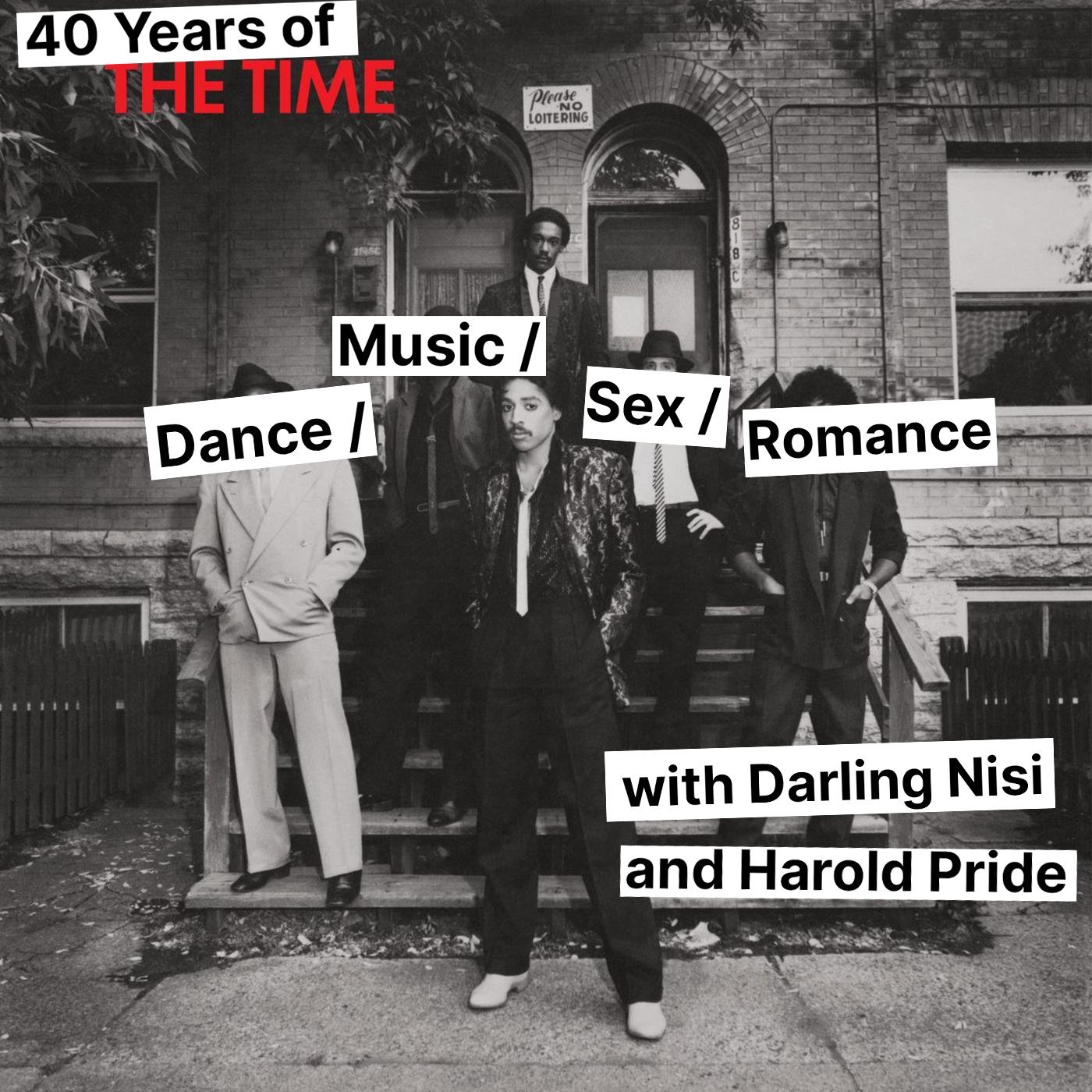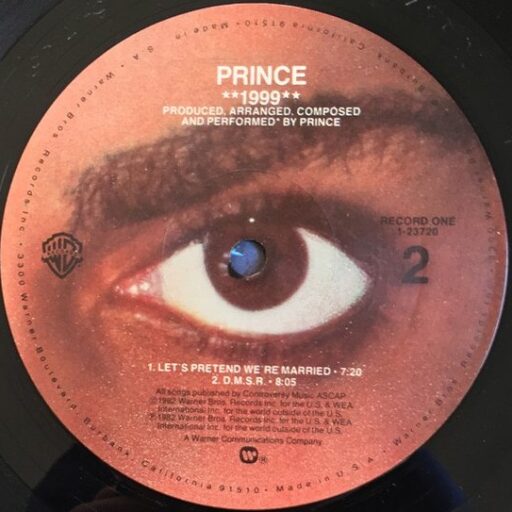Tag: uptown
-

Podcast: 40 Years of The Time – A Conversation with Darling Nisi and Harold Pride
Darling Nisi and Harold Pride return for another in-depth retrospective on the 1981 debut album by the Time.
-
Podcast: 40 Years of Dirty Mind
Darling Nisi and Harold Pride return for a third episode in our series of in-depth retrospectives on Prince’s albums, this one for the 40th anniversary of 1980’s Dirty Mind.
-
Baby I’m a Star
“Baby I’m a Star” has the familiar air of Prince self-actualizing through music: projecting himself toward a celebrity status he was still years away from achieving.
-
Lady Cab Driver (Rearrange)
What keeps “Lady Cab Driver” distinct from 1999’s other transportation-themed erotic fantasies, “Little Red Corvette” and “International Lover,” is its pervasive sense of angst.
-
D.M.S.R.
“D.M.S.R.” was Prince’s calling card–a four-word (four-letter!) summation of everything he and his music were about.
